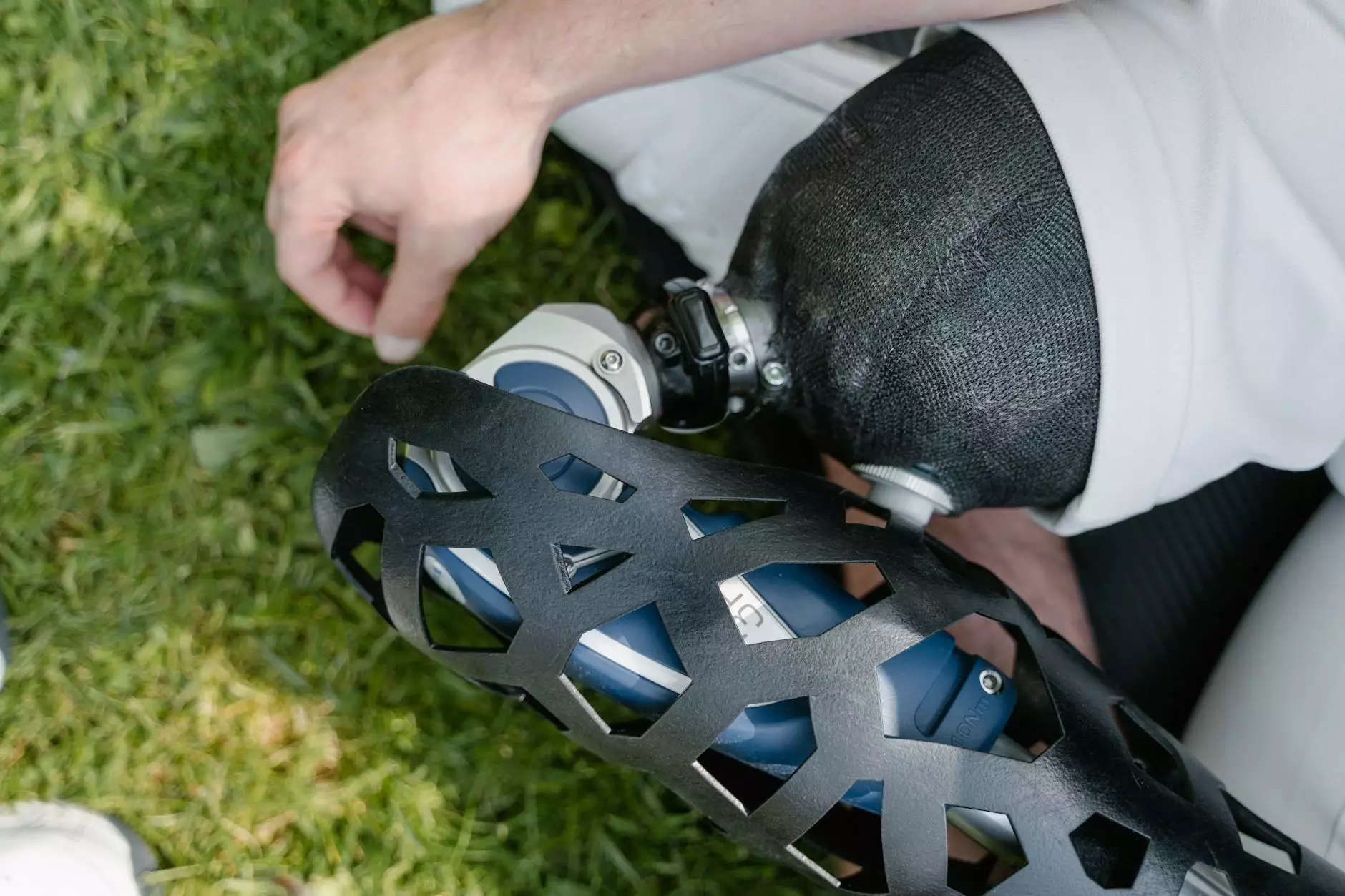Finding the Best Orthopedic Doctor Near Me

When it comes to your bone and joint health, finding the right orthopedic doctor near you is crucial for effective treatment and recovery. Orthopedic specialists can help you manage pain, perform surgeries, and develop long-term care strategies. At MediGlobus, we're dedicated to guiding you through the process of selecting the right orthopedic care tailored to your specific needs.
Understanding Orthopedic Medicine
Orthopedic medicine encompasses a vast field that addresses various issues related to the musculoskeletal system. This includes bones, joints, ligaments, tendons, and muscles. An orthopedic doctor is a medical professional who specializes in diagnosing, treating, and rehabilitating these conditions.
Common Conditions Treated by Orthopedic Doctors
- Bone fractures
- Arthritis and joint pain
- Tendon injuries
- Sports injuries
- Osteoporosis
- Spine disorders
- Muscle strains
- Congenital conditions
When Should You See an Orthopedic Doctor?
Recognizing when to seek the help of an orthopedic doctor can be a challenge. Here are key signs that indicate it might be time to get a consultation:
Persistent Pain or Discomfort
If you experience ongoing pain that affects your daily life, it’s important to consult an orthopedic specialist. This includes pain associated with movement or pressure that does not improve over time.
Swelling and Inflammation
Swelling in any part of your body, particularly in the joints, can signify underlying conditions that require further attention. If it persists, an orthopedic doctor may offer the right solutions.
Limited Range of Motion
Difficulty moving a joint or performing normal activities could mean it’s time to seek help. An orthopedic doctor can assess your condition and recommend appropriate treatment options.
How to Find an Orthopedic Doctor Near You
Searching for an orthopedic doctor near me can seem daunting, but there are several effective strategies you can utilize:
1. Online Search Engines
Using major search engines to input "orthopedic doctor near me" will yield a variety of results. Remember to consider factors like proximity, patient reviews, and their specialization.
2. Healthcare Directories
Websites like Healthgrades and Zocdoc provide lists and reviews of healthcare professionals, allowing you to compare different orthopedic doctors based on qualifications, patient satisfaction, and location.
3. Insurance Provider Listings
Your health insurance provider may have a directory of in-network orthopedic specialists. This can help you save on out-of-pocket costs while ensuring you receive quality care.
4. Referrals from Primary Care Doctors
Consider speaking with your primary care physician. They can provide a referral based on your specific condition and needs, guiding you to a trusted orthopedic specialist.
Qualities of a Great Orthopedic Doctor
Once you have a shortlist of potential orthopedic doctors, evaluate them based on these essential qualities:
1. Credentials and Experience
The educational background, board certification, and experience in treating your specific condition are critical factors in selecting the right orthopedic doctor.
2. Communication Skills
A great orthopedic doctor should be willing to listen to your concerns, explain diagnosis and treatment options clearly, and answer any questions you may have.
3. Access to Advanced Technology
Look for orthopedic clinics that utilize the latest medical technology and treatment techniques. This can lead to more accurate diagnoses and better treatment outcomes.
4. Patient Reviews
Online reviews and testimonials from previous patients can provide insight into the doctor’s expertise, bedside manner, and the overall quality of care provided.
Types of Treatments Offered by Orthopedic Doctors
Orthopedic doctors provide a wide range of treatments depending on the condition being addressed:
1. Physical Therapy
Physical therapy can significantly improve recovery post-injury or surgery, helping to restore function and strength.
2. Medications
Pain relief comes in various forms, including over-the-counter anti-inflammatories, prescription pain medications, and corticosteroid injections for specific issues.
3. Surgical Procedures
- Joint replacement surgeries (e.g., hip, knee)
- Arthroscopy to repair joint damage
- Tendon repair and reconstruction
- Spinal surgeries for herniated discs or stenosis
4. Non-Surgical Treatments
Some conditions can be managed without surgery through interventions such as bracing, injections, and even regenerative medicine options like platelet-rich plasma (PRP) therapy.
The Role of Technology in Orthopedic Care
Advancements in technology have transformed the field of orthopedics. Here are some ways technology plays a significant role:
1. Imaging Techniques
Techniques such as MRIs, CT scans, and X-rays provide precise images that help orthopedic doctors diagnose issues accurately and tailor treatment plans effectively.
2. Minimally Invasive Surgery
Modern surgical techniques allow for smaller incisions, which reduce recovery time and minimize scarring, leading to quicker returns to daily activities.
3. Robotic-Assisted Surgery
Robotic systems enhance surgical precision, improving outcomes in joint replacement surgeries and other complex procedures.
Conclusion: Choosing the Right Orthopedic Specialist
In conclusion, selecting the right orthopedic doctor near you is imperative for maintaining bone, joint, and overall musculoskeletal health. By understanding what orthopedic doctors do, recognizing when to seek help, and knowing how to find the right specialist, you can take proactive steps toward recovery and health. At MediGlobus, we are committed to providing you with the information and resources you need to make informed decisions about your orthopedic care.
Don't wait for pain to hold you back. Start your journey towards a healthier and more active lifestyle today by finding an orthopedic doctor near you!









